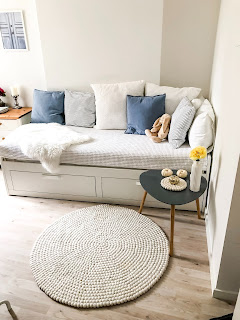The kitchen is easily the busiest room in our homes. From cooking and entertaining to a place for your kids to do their homework, play board games or work on their arts and crafts projects. It can be easily overrun with art supplies, outdated spices and unused or damaged utensils.
Store your pots and pans, nesting the pots and pans together to conserve space. Make sure you keep the matching lids for them. This is also a good time to make sure handles are securely fastened, so keep a screwdriver handy to tighten down skillet handles or pot lids if necessary.
You can keep your dishes near your eating area or your dishwasher to shorten meal preparation or cleanup time. Plastic storage containers should be inventoried to ensure each has a matching lid and that they are free from cracks or other damage. You may decide to store them near your refrigerator to ease meal cleanup time.
You could alphabetize your spices and keep them on a spice rack or in a nearby cupboard on a revolving rack. Store food items that you use on a daily in a place you can easily grab them when needed. Organize your pantry so that similar canned goods are in the same place and can be found easily when it’s time to cook meals. You can use airtight food storage containers to lengthen the shelf life of your foods.
If you have small appliances on your kitchen countertop that you don’t use on a regular basis, you could store them in a nearby cupboard or pantry. A storage cabinet for those appliances that are used on a regular basis keeps them out of site and dust free.








